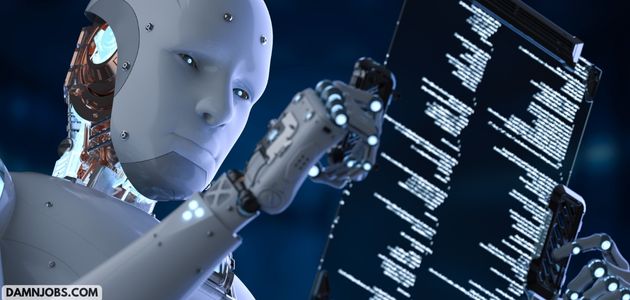As the AI revolution looms large over the American landscape, questions about its impact on employment and livelihoods are growing more urgent.
Michael Tubbs, a native of Stockton, California, a stone’s throw away from Silicon Valley, knows firsthand the challenges of scarcity and poverty in the midst of technological advancement. Raised by a working teenage mother, Tubbs witnessed the relentless struggle to make ends meet.
His journey led him to ponder alternative approaches to alleviate poverty in the world’s wealthiest nation.
Elected as Stockton’s first Black mayor in 2016, Tubbs launched a groundbreaking pilot program in 2019: a guaranteed income initiative that provided unconditional cash assistance to residents.
The concept of guaranteed income gains fresh relevance as AI threatens to reshape the job market. With forecasts suggesting AI could disrupt nearly 40% of global employment, policymakers and business leaders warn of widening inequalities.
Tubbs and other advocates see guaranteed income as a potential safety net in the face of impending job losses.
Stockton’s pilot program, offering $500 monthly to randomly selected low-income residents for two years, yielded promising results. Participants experienced improved job prospects, financial stability, and better overall well-being.
The idea of guaranteed income isn’t new; it traces back to Martin Luther King Jr.’s advocacy in the 1960s.
However, it found new champions in Silicon Valley luminaries like Elon Musk, Mark Zuckerberg, and Sam Altman, who foresee AI’s transformative impact on work.
Projects like Stockton’s exemplify the potential of such initiatives to enhance public health and socioeconomic conditions. Yet, challenges persist, with debates over funding sources and concerns about disincentivizing work.
Despite opposition, guaranteed income proponents highlight its transformative potential, as seen in the case of Tomas Vargas Jr., a beneficiary of Stockton’s program.
For Vargas, the extra income provided not only financial relief but also the opportunity to pursue better employment prospects and break free from cycles of poverty.
As AI continues to reshape the future of work, Tubbs and others emphasize the need for proactive measures like guaranteed income to ensure a more equitable and resilient society.

